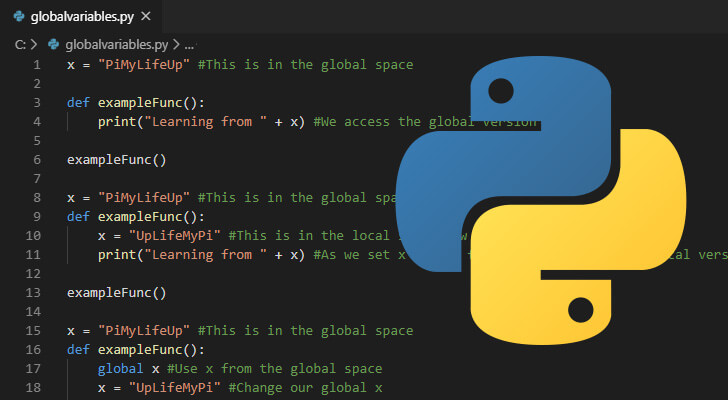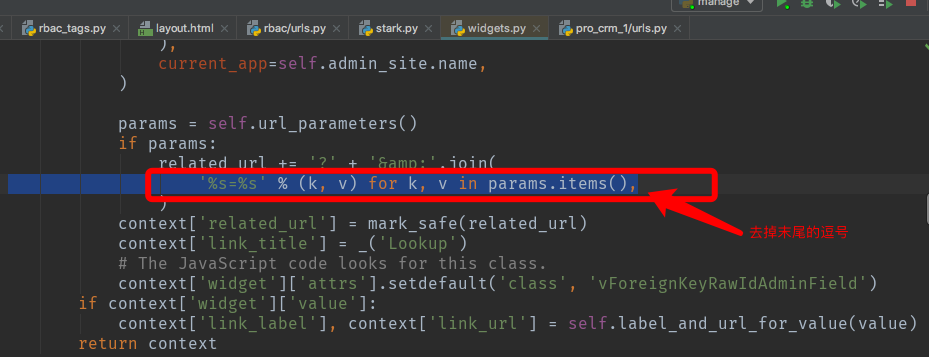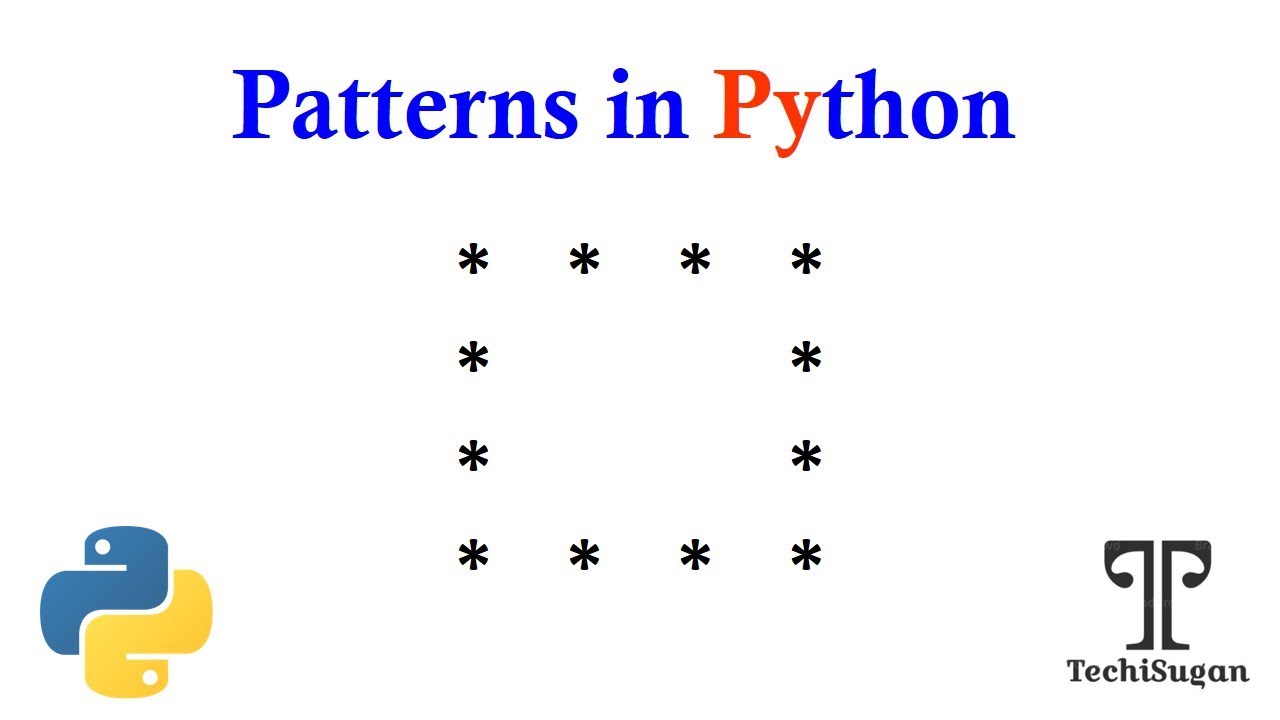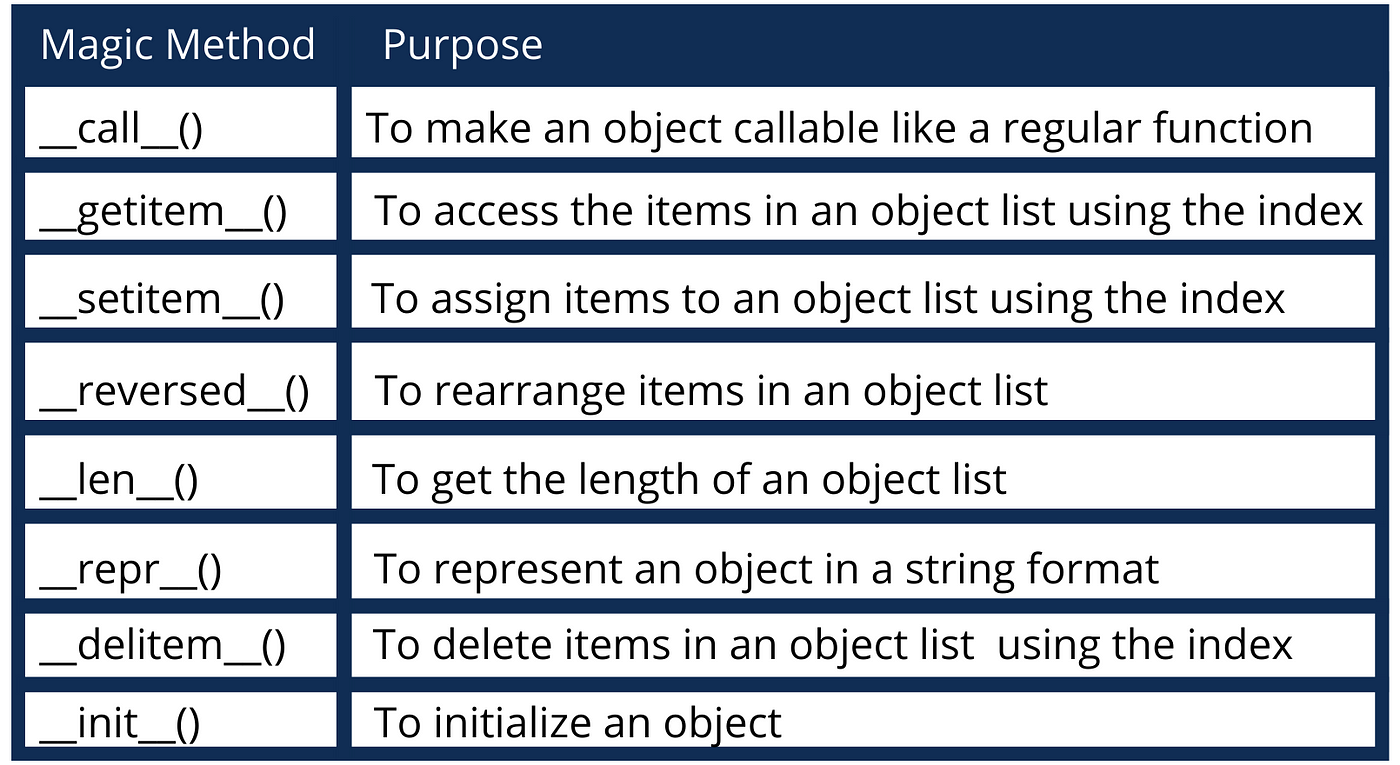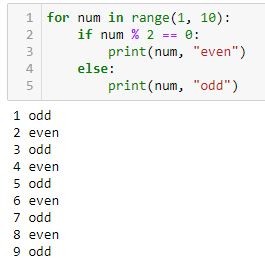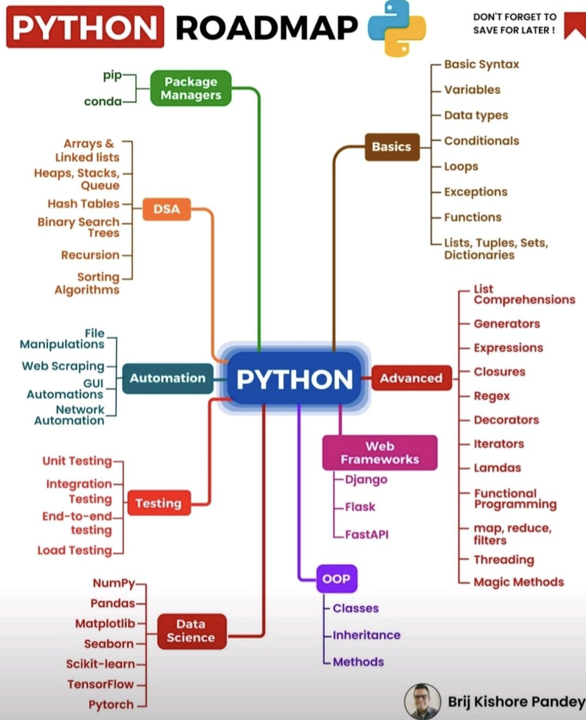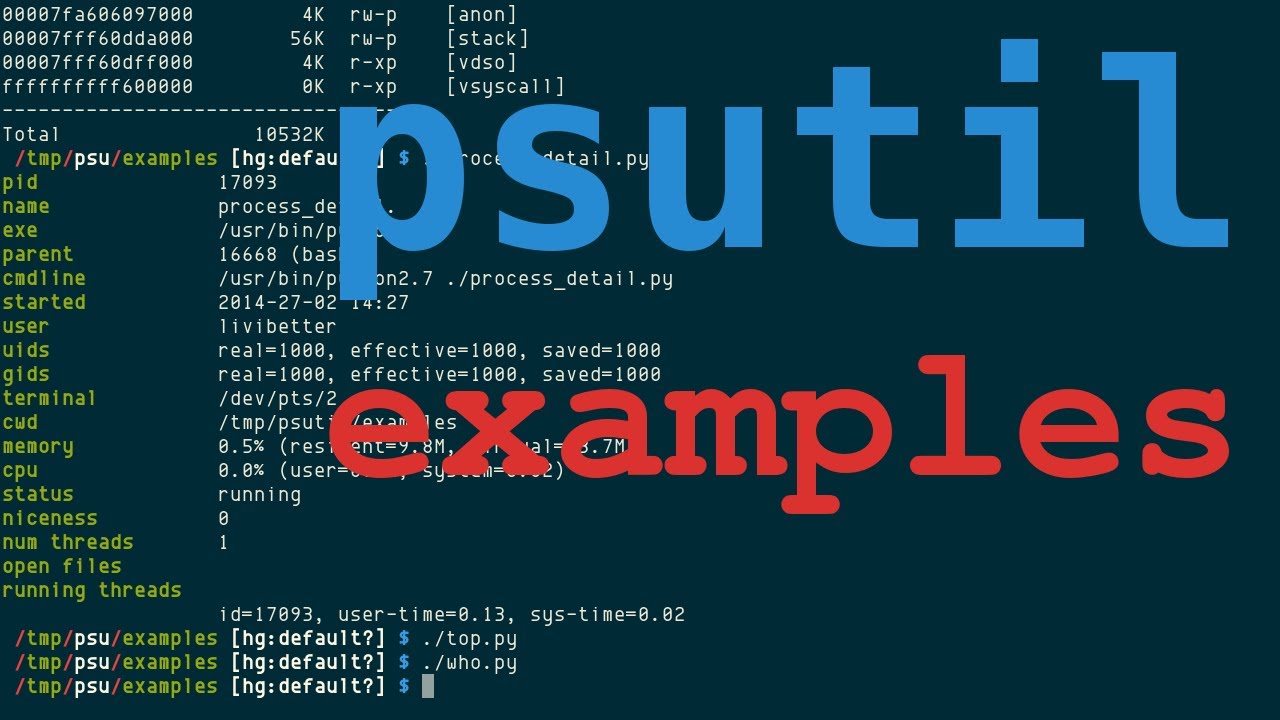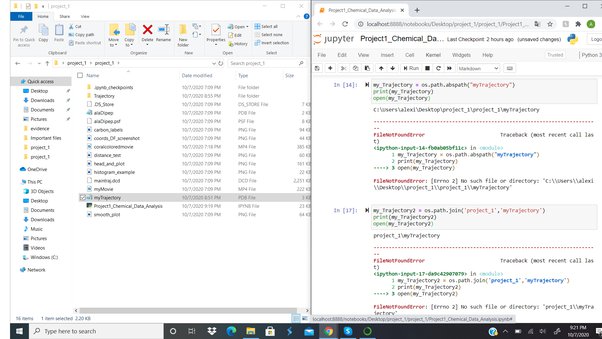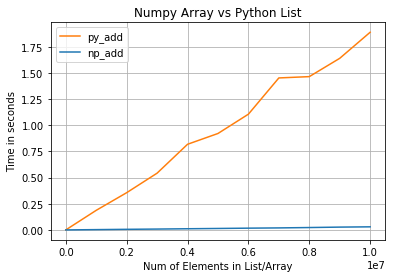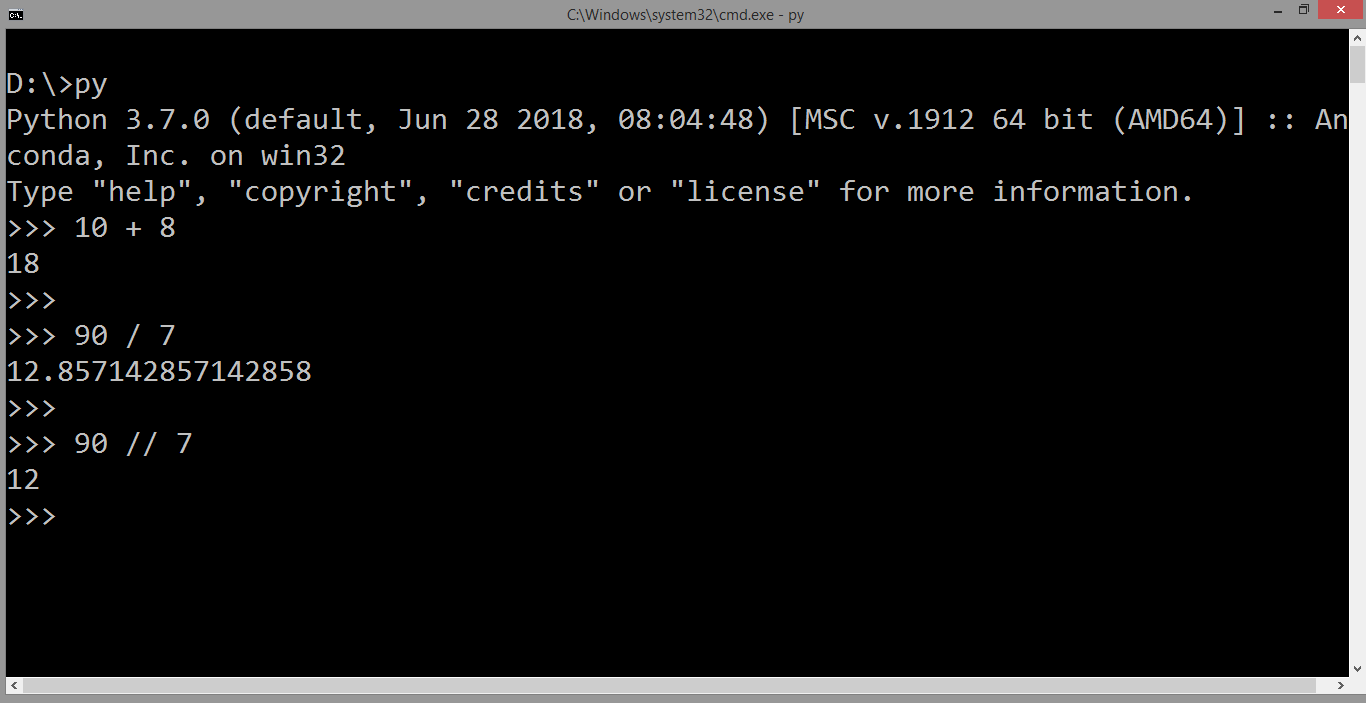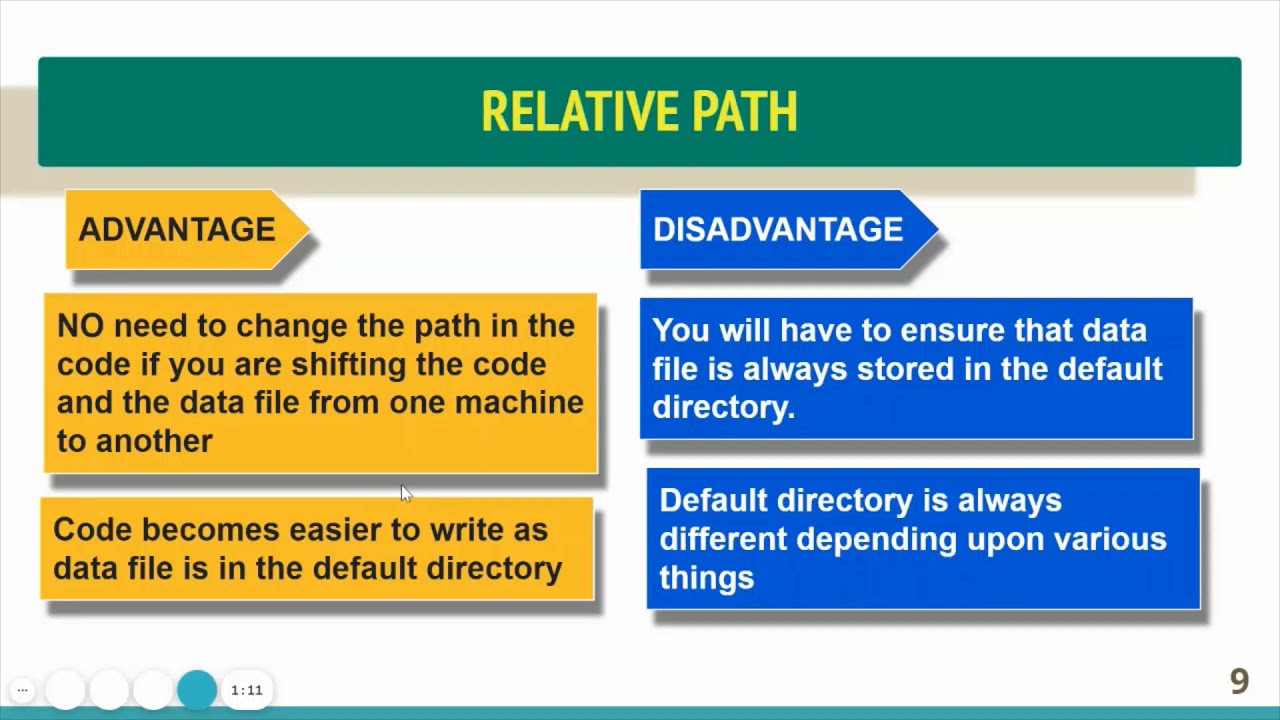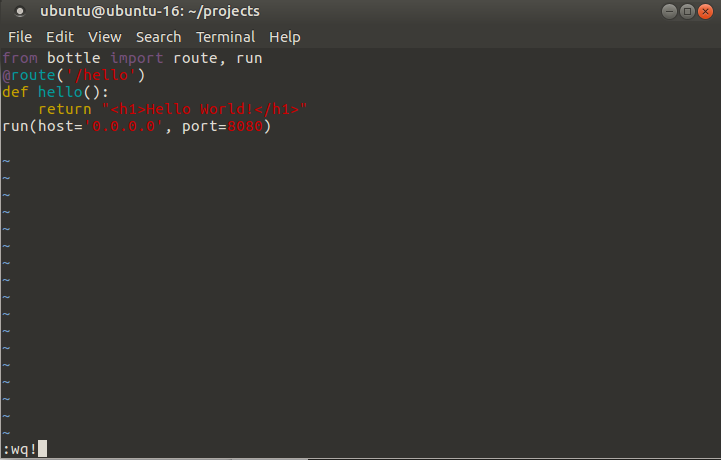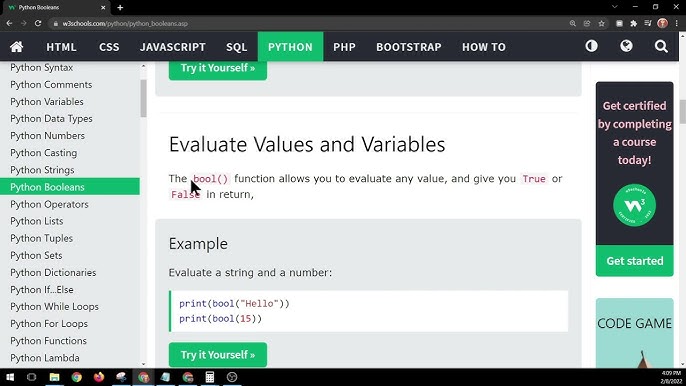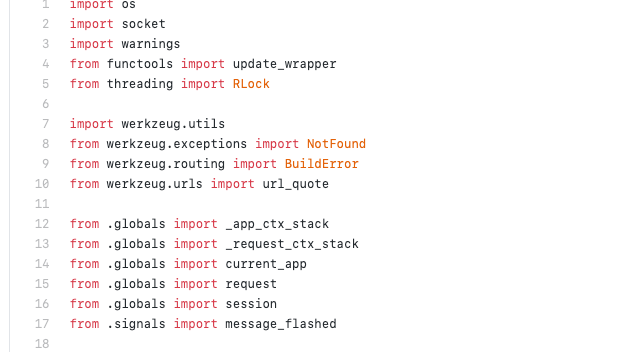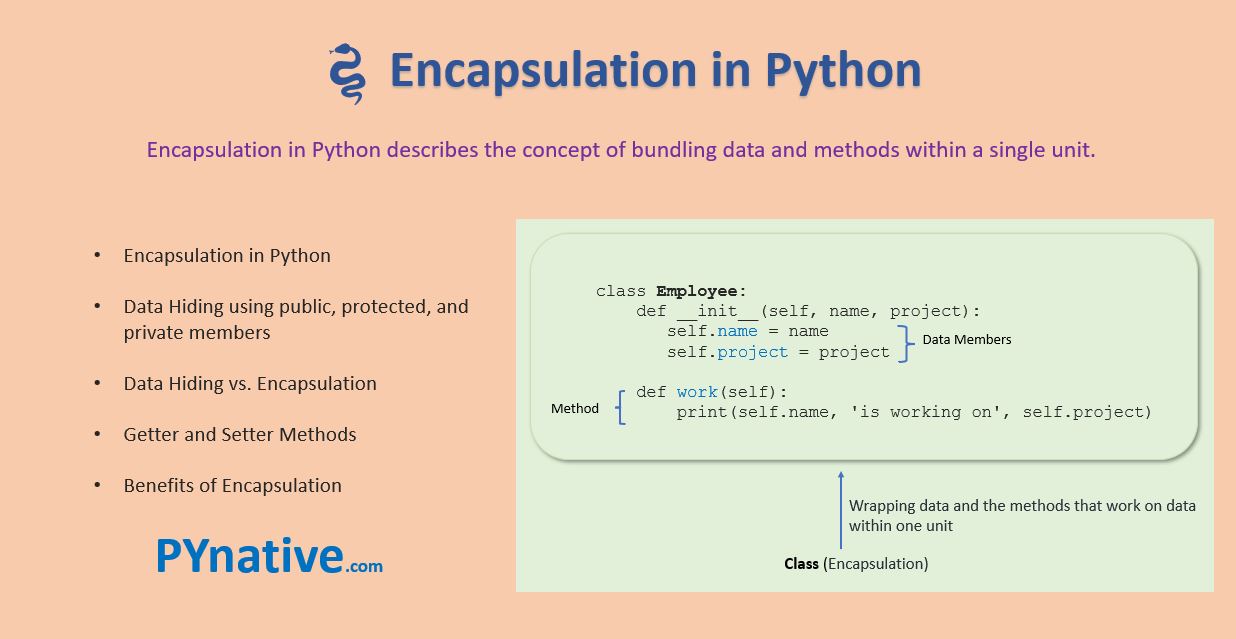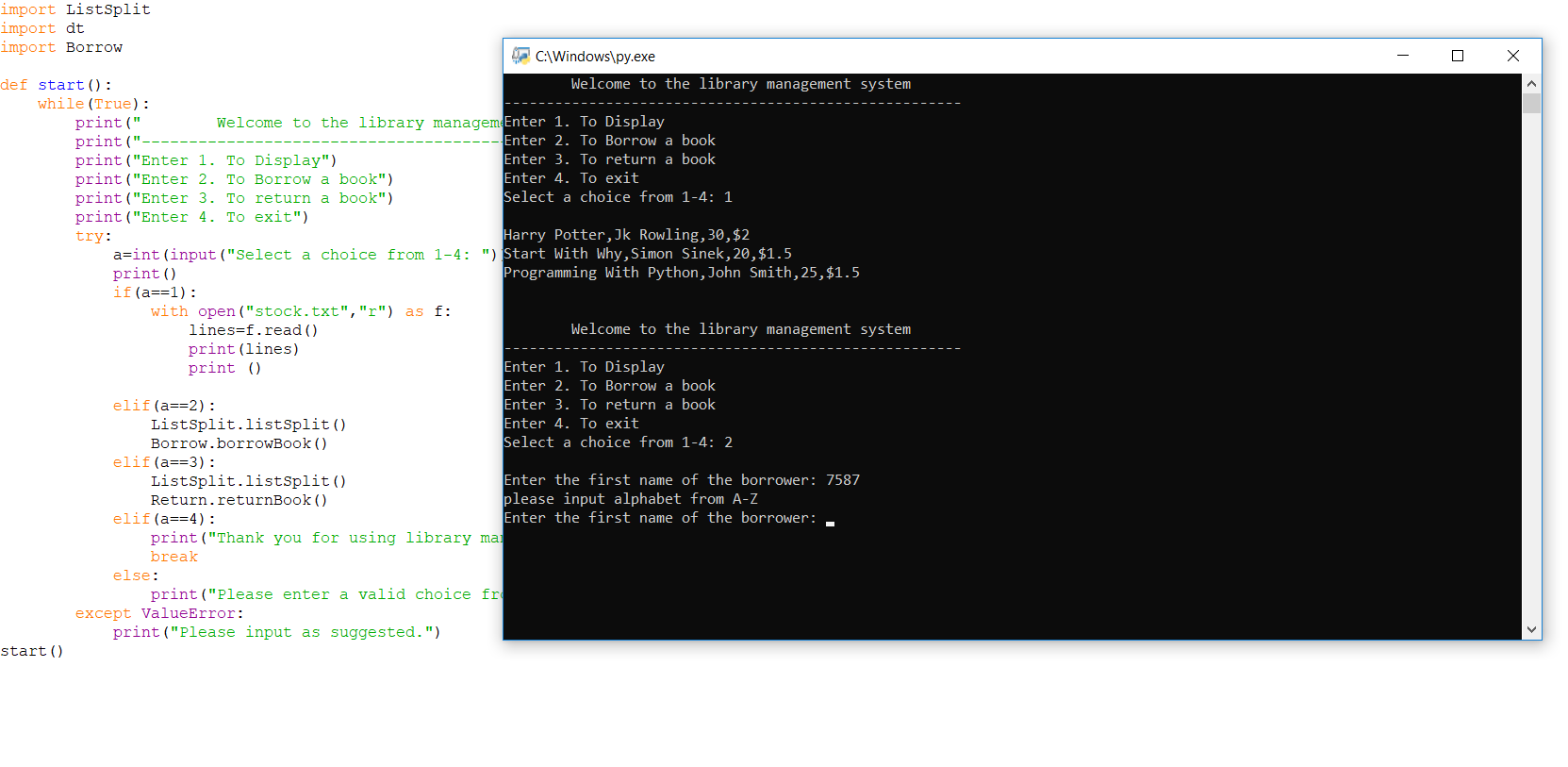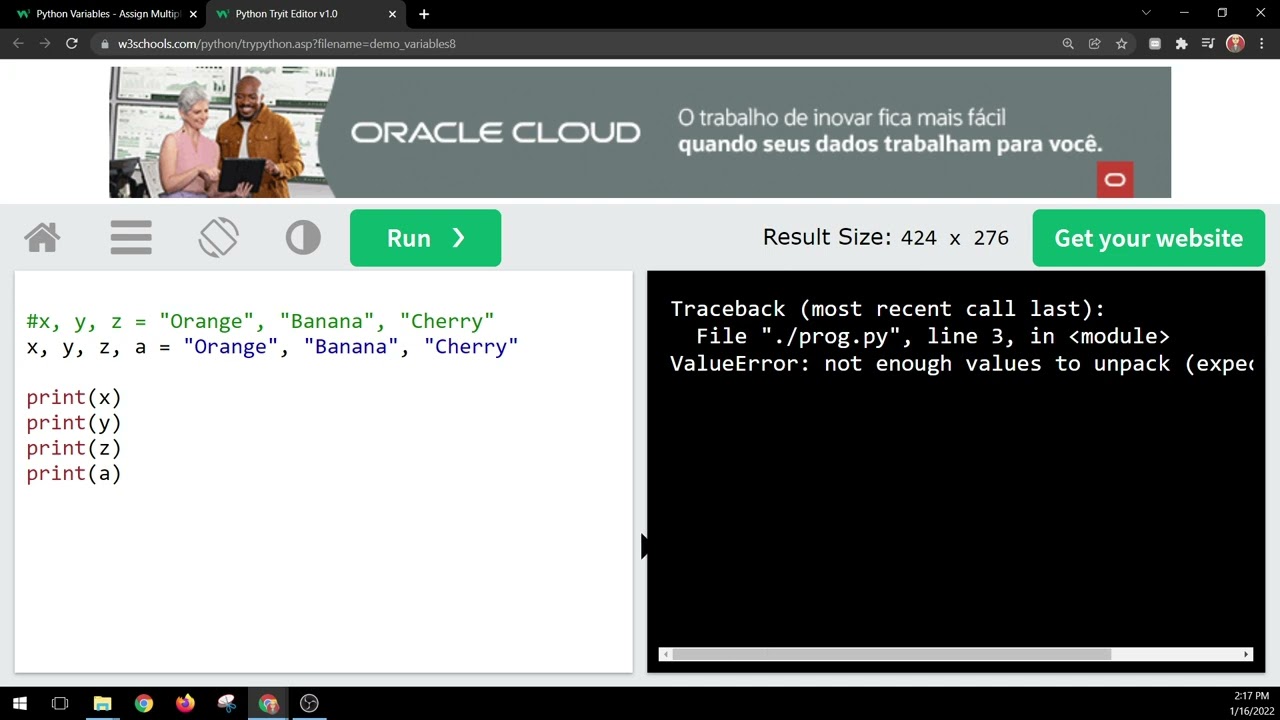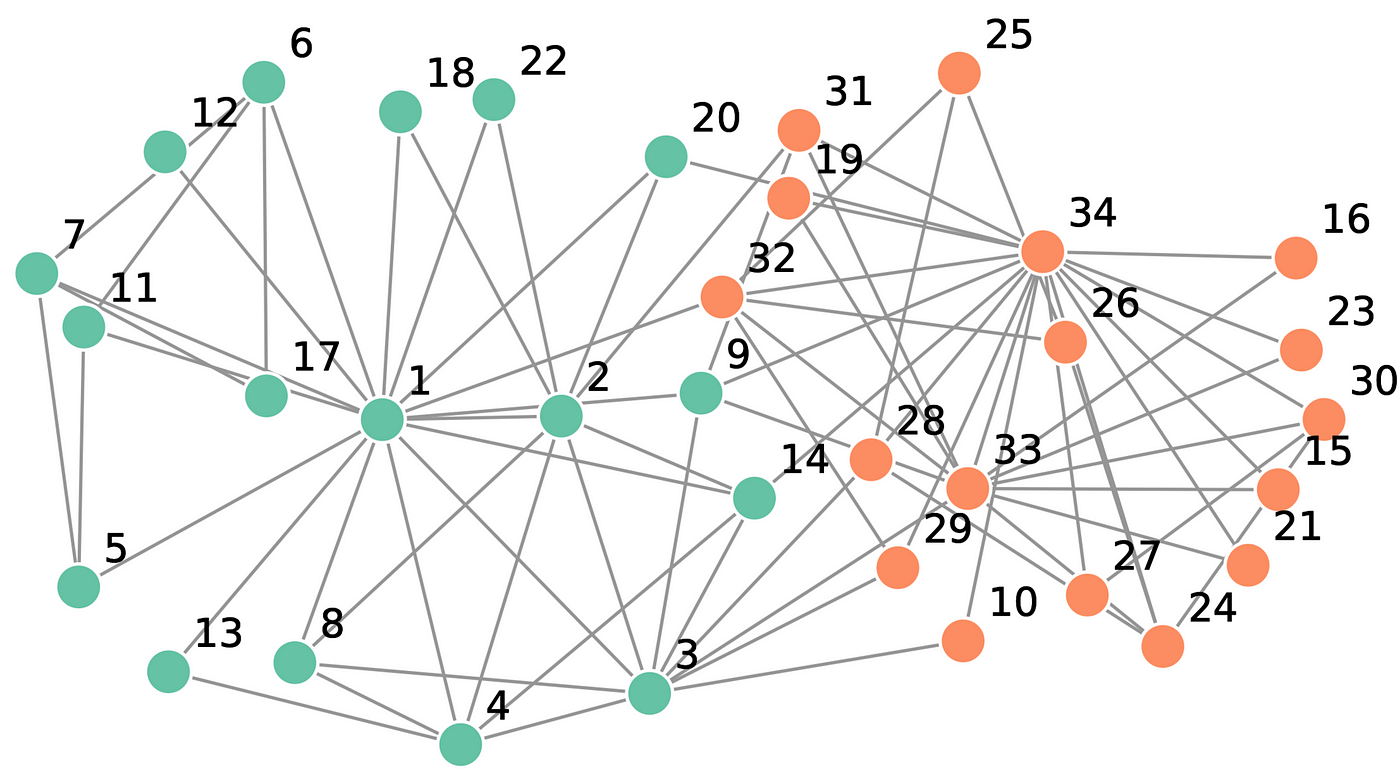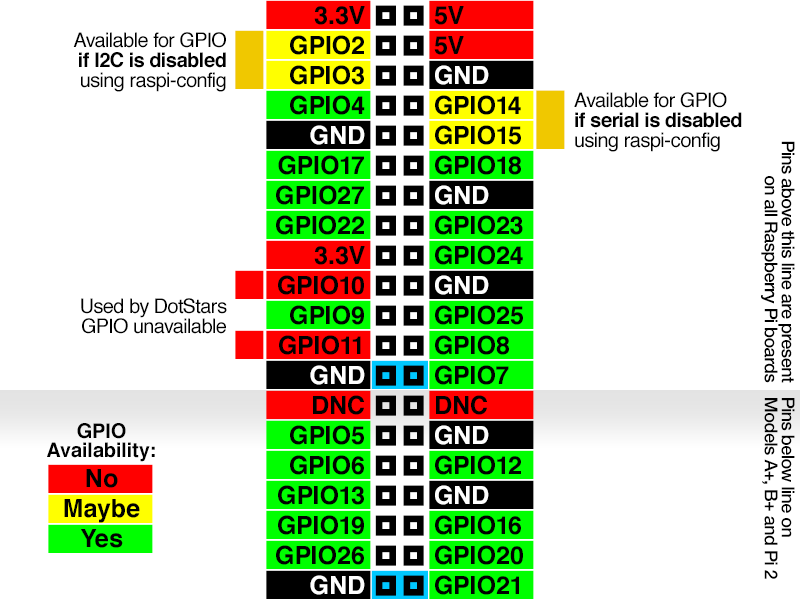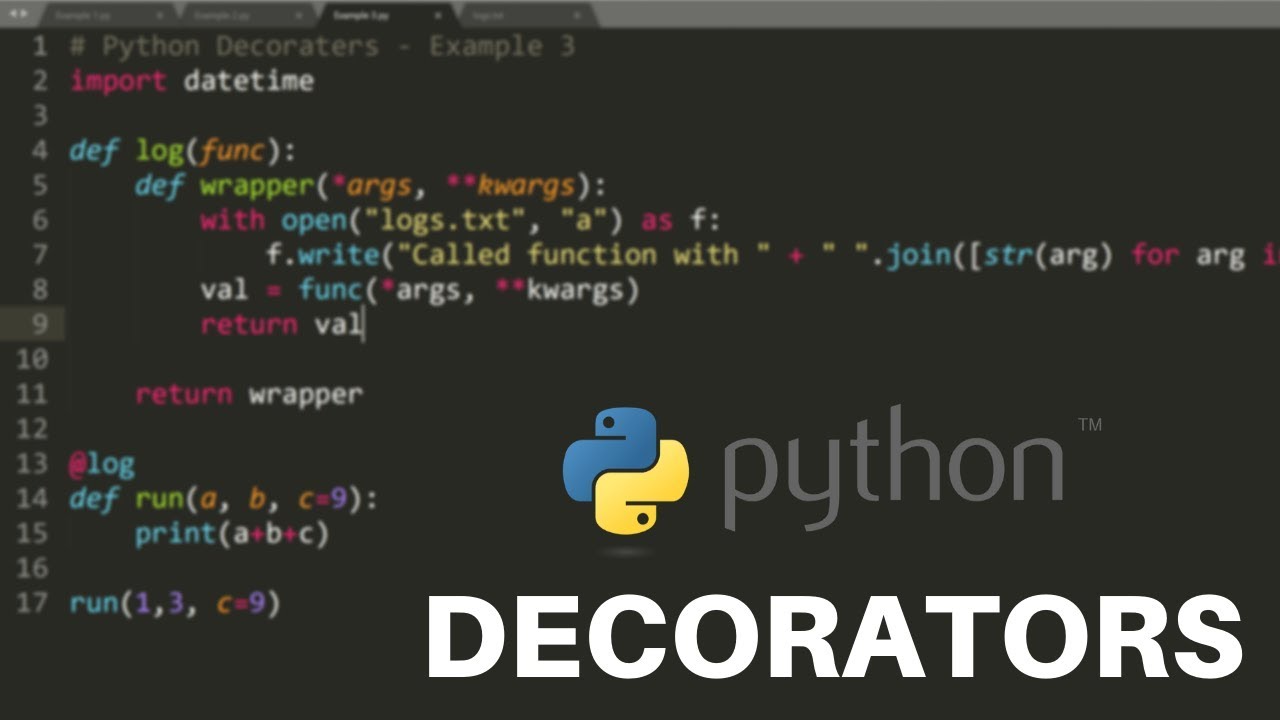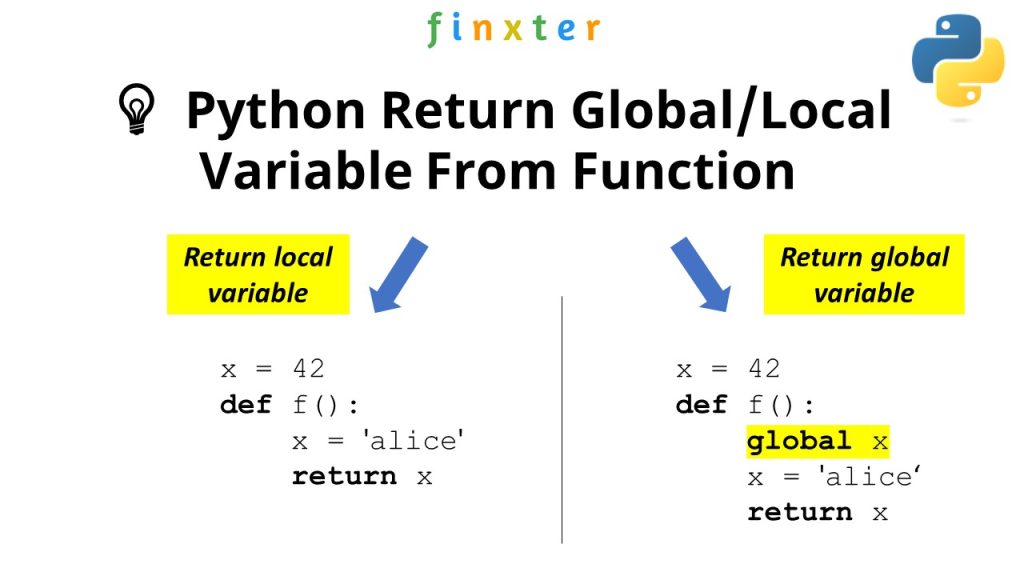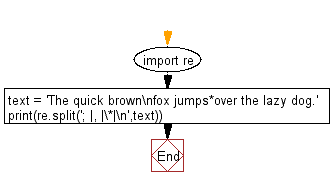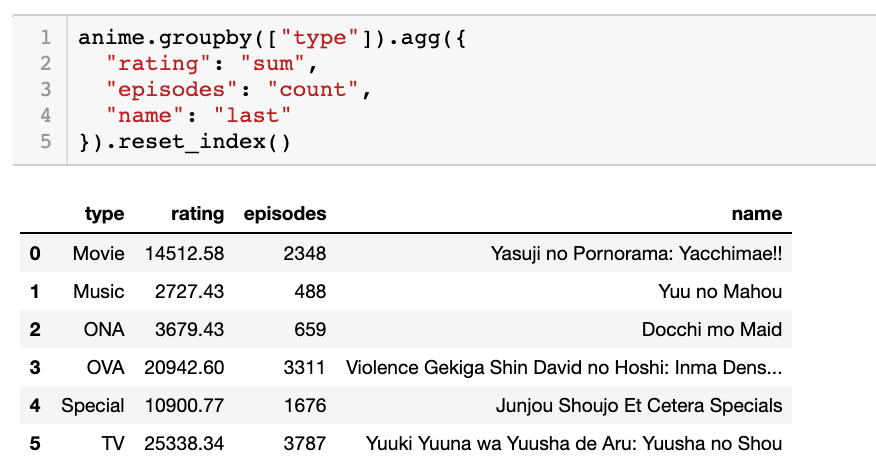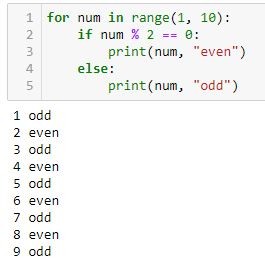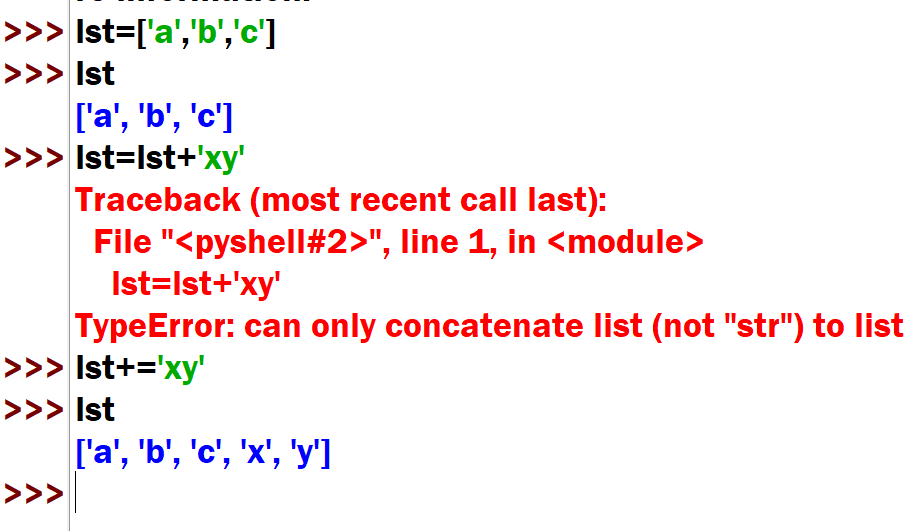What is the difference between if-else and Elif in Python?
What is the difference between if-else and Elif in Python?
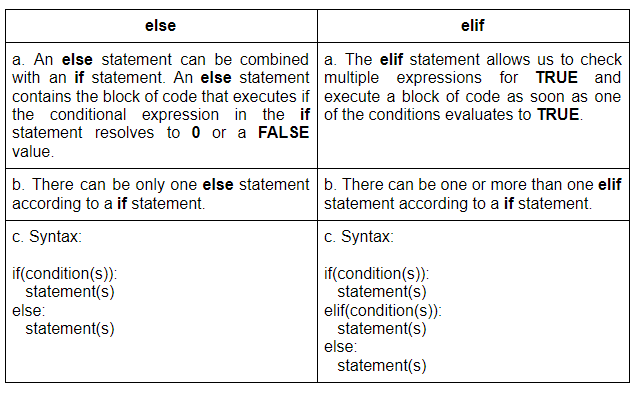
I'm glad you asked! However, I must clarify that there seems to be some confusion. There is no such thing as "Elif" in Python. The correct term is actually "elif".

Now, let's dive into the difference between if and elif in Python:
If Statement
The if statement in Python is used to execute a block of code if a certain condition is true. It takes two parts: the condition (the "if" part) and the code that should be executed when the condition is true.
Here's an example:
x = 5if x > 10:
print("x is greater than 10")
In this example, since x is not greater than 10, the code inside the if block will not be executed.
Elif (Else-If)
Now, let's talk about elif. The elif statement in Python is used to specify an alternative condition if the original condition (if) is false. It's a shorthand way to check multiple conditions without nesting them inside each other. Think of it as an "else" clause for your previous "if" clause.
Here's an example:
x = 5if x > 10:
print("x is greater than 10")
elif x == 5:
print("x is equal to 5")
In this example, since x is not greater than 10 (initial condition), Python will check the second condition (x == 5). If that's true, it will execute the code inside the elif block.
Key Differences
So, what are the main differences between if and elif in Python?
if statement is to execute a block of code if a specific condition is met. An elif statement is used to specify alternative conditions if the original condition is false. Number of Conditions: You can have multiple elif clauses, but you can only have one initial if condition. Nesting: If-else statements (with a single else) are typically used for simple "true/false" type conditions. When you need to check multiple conditions or scenarios, that's when you would use the if-elif-else chain.
To summarize:
Useif for a single condition that determines whether code should be executed. Use elif (or else if) to specify alternative conditions in case the initial condition is false. You can have multiple elif clauses, but only one initial if.
I hope this clears up any confusion, and you now better understand the differences between if-else and elif in Python!
When to use elif and else in Python
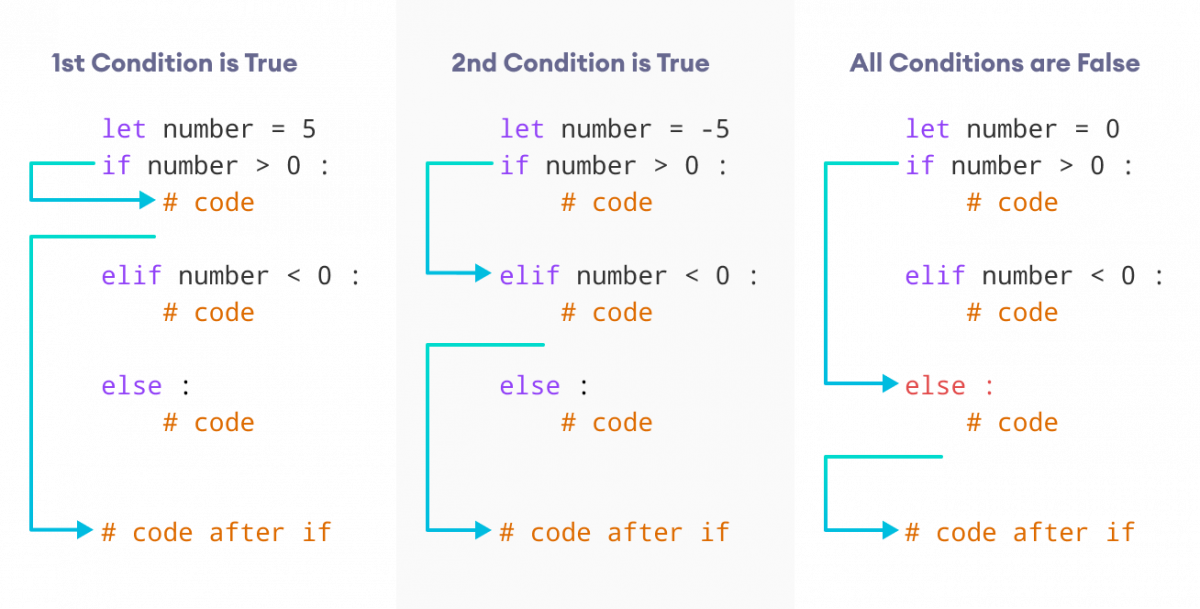
I'm happy to help you with that!
In Python, the if-elif-else structure is used to control the flow of a program based on conditions or statements. Understanding when to use elif and else is crucial in writing efficient and readable code.
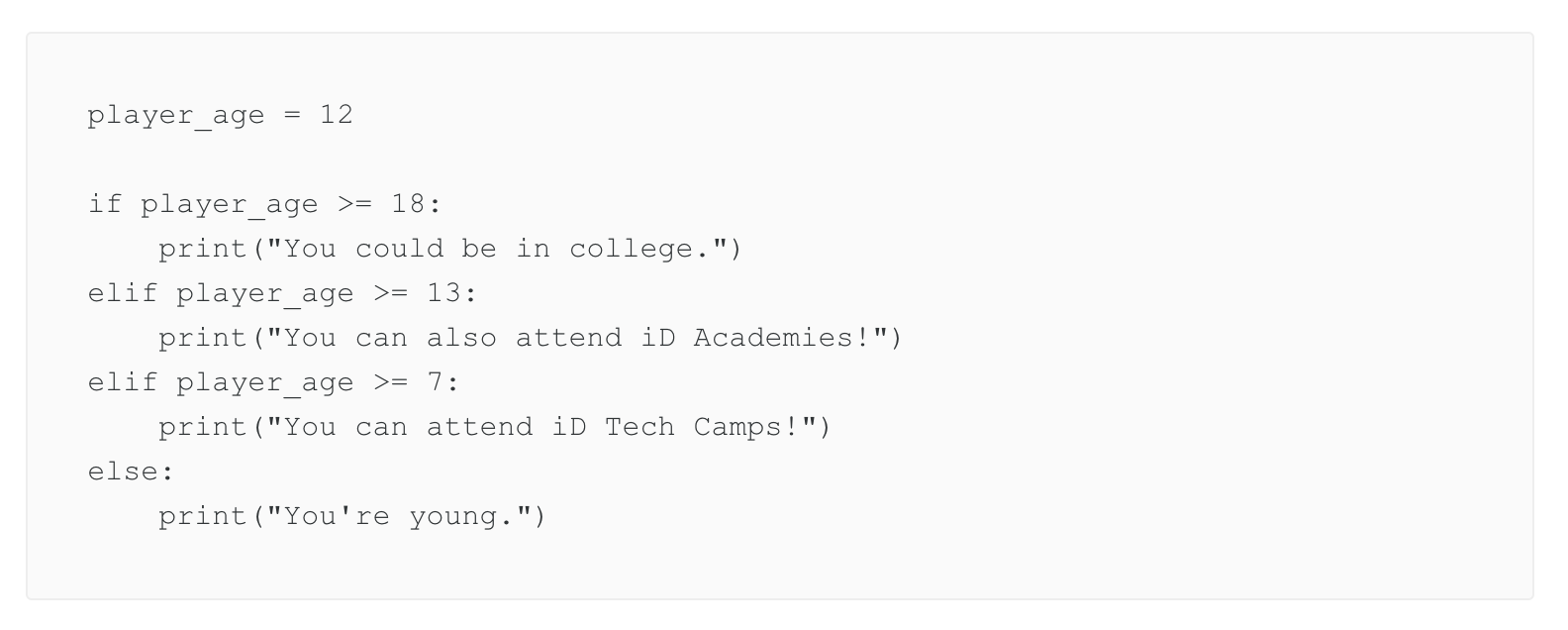
What are if, elif, and else?
If: Theif statement is used to execute a block of code only if a specific condition is met. It's like saying "only if this is true, do something." Elif (Else-If): The elif statement is used when you have multiple conditions that need to be checked in sequence. It's like saying "try this first, if not, try that next..." Else: The else statement is used as a catch-all or default case when none of the previous conditions are met. It's like saying "if none of these are true, then do this."
When to use each?
Use If: When you only need to execute code based on one specific condition. When the condition is simple and doesn't require complex logic.Example:
x = 5
if x > 10:
print("x is greater than 10")
Example:
x = 5
if x > 10:
print("x is greater than 10")
elif x == 5:
print("x is equal to 5")
else:
print("x is less than 10")
Example:
x = 2
if x > 5:
print("x is greater than 5")
elif x == 2:
print("x is equal to 2")
else:
print("x is less than or equal to 5")
Best Practices
Useelif and else statements only when necessary. Keep the conditions simple and easy to read. Use whitespace and indentation to make your code readable.
In conclusion, if, elif, and else statements are essential in Python programming. Understanding when to use each will help you write efficient, readable, and maintainable code. Always keep in mind that simplicity is key, so don't overcomplicate things!
